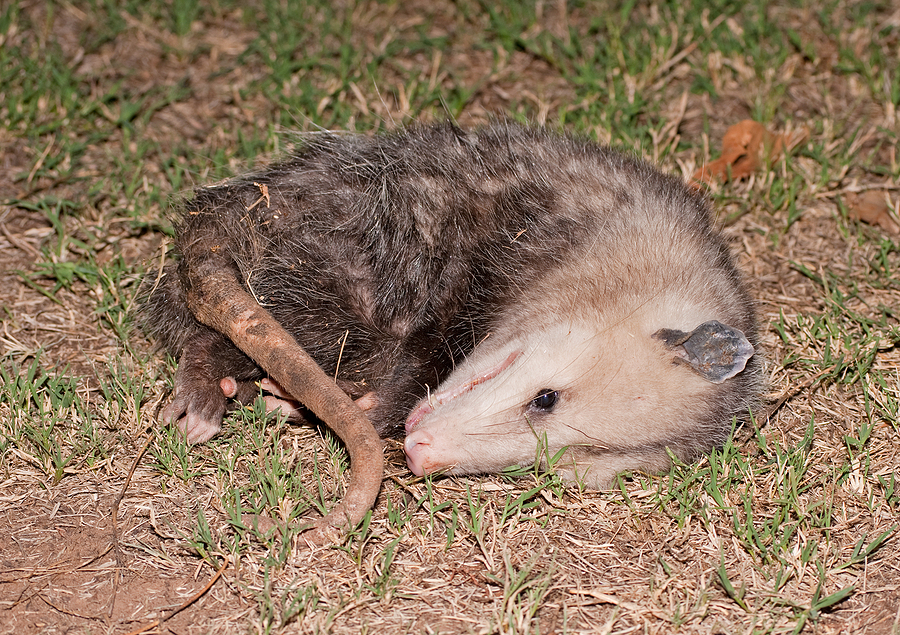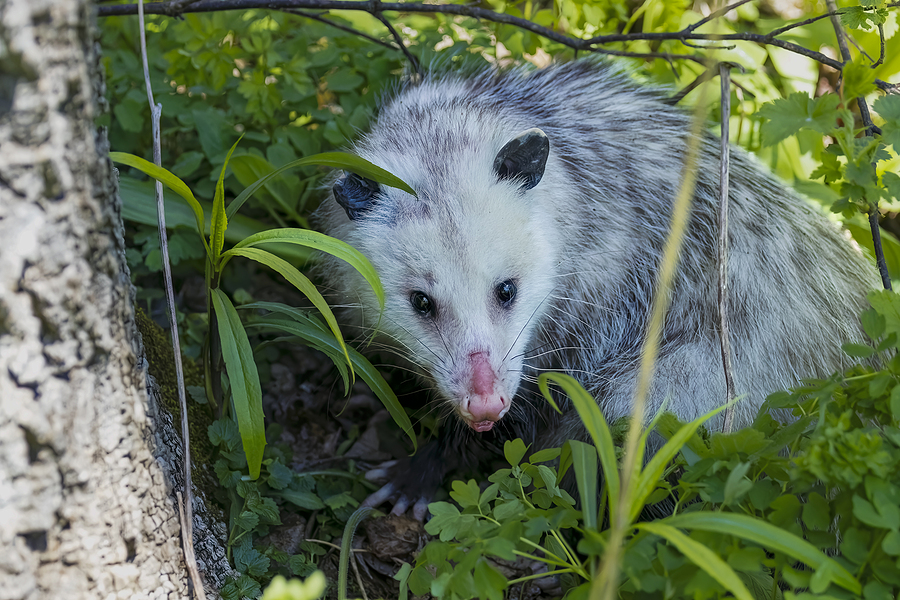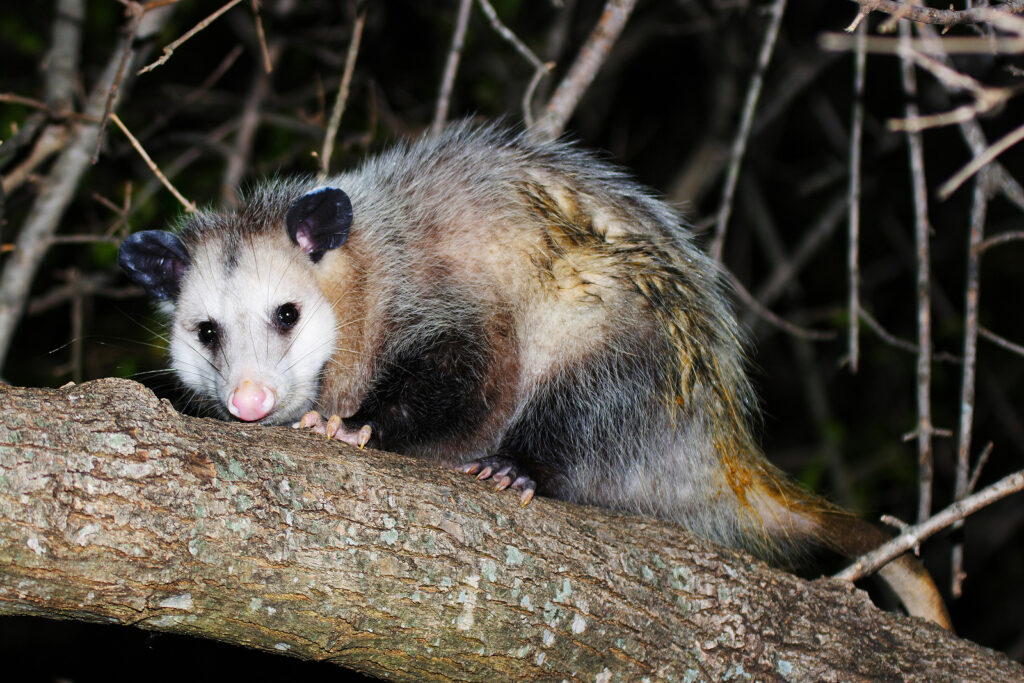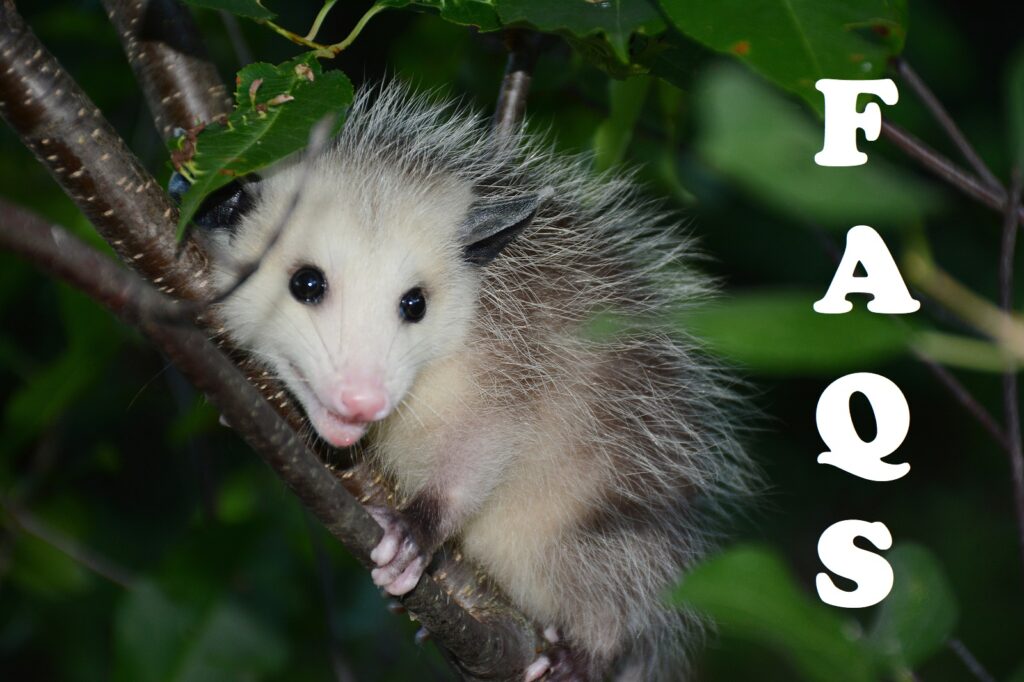Opossums, also known as possums, might not be the first animal that comes to mind when thinking about wildlife in urban or suburban settings, but these creatures have increasingly become a concern for homeowners. Their unique adaptability and scavenging nature often lead them directly into our communities and, at times, our homes. Understanding opossum behavior and knowing how to effectively control their presence is vital for safeguarding your property.
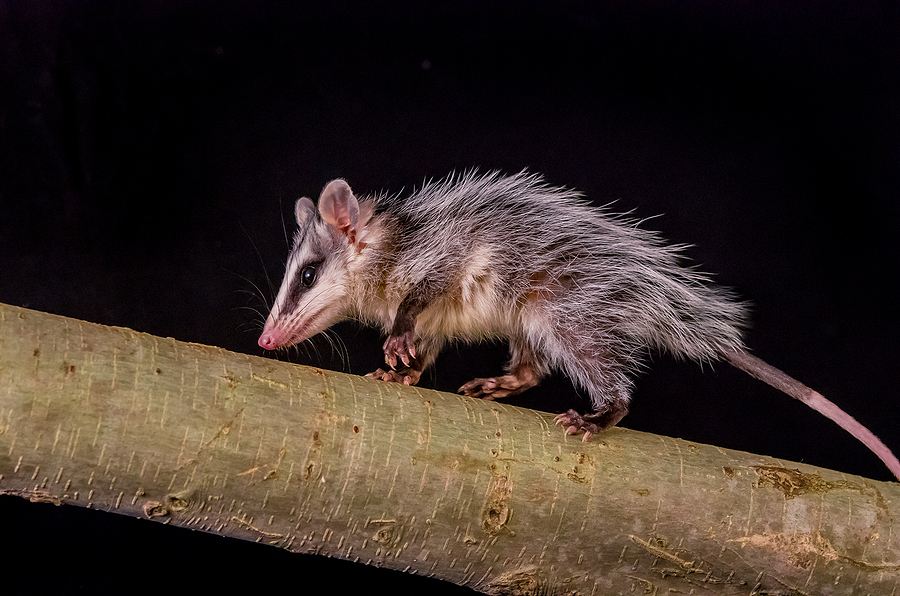
Understanding Opossum Behavior and Habits
Before formulating a control strategy, it’s crucial to understand the animal you’re dealing with. Opossums are solitary, nocturnal creatures that prefer to make their homes in dark, secure areas. They are omnivores with a diet that includes carrion, insects, rodents, birds, eggs, plants, fruits, and even garbage. This wide range in diet is one reason they can thrive in various habitats, including your backyard.
Habitat and Behavior
Opossums typically use abandoned burrows, tree cavities, and brush piles for shelter but have been known to create dens under porches, storage sheds, and in attics. They are excellent climbers and swimmers, which grants them access to yards with varying landscapes.
Attractants to Residential Areas
Opossums are opportunistic feeders attracted by the scent of food and garbage. Pet food left outside, accessible bird feeders, and uncovered trash cans are common attractants. Additionally, the warmth and darkness of sheltered spaces in or around homes can be an attractive nesting option.
Signs of Opossum Activity
Identifying opossum intrusion early is the first step in effective control. Opossums leave behind several signs that can alert homeowners to their presence.
Physical Traces
Look for opossum tracks, scat, and chew marks indicating their feeding activity. Tracks will be hand-like and include an opposable “thumb,” unique to opossums. Their scat resembles that of domestic cats or dogs and is often found in or around their nest or feeding spots.
Behavioral Clues
Opossums are known for “playing dead” as a defensive mechanism, so a seemingly lifeless opossum may actually be alive. Other behaviors include hissing and baring teeth when provoked or threatened, and they often trail after a family of young.
Effective Opossum Control Methods
Once you’ve identified opossum activity, it’s time to take action. There are several effective opossum control methods ranging from deterring opossums in the first place to safely removing them if they’ve already made themselves at home.
Prevention Techniques
Preventing opossum access is key. This includes securing outdoor pet food, covering garbage cans with tight-fitting lids, and removing brush or debris that could serve as shelter. Fencing can also be an effective barrier if properly installed. You can also apply a homemade, non-toxic animal repellent.
Safe Removal Strategies
If opossums have already taken up residence in your home or yard, it’s important to remove them safely and humanely. Trapping is a common method, but it’s essential to check local regulations and ensure you’re using a trap designed for wildlife, and that you release the captured opossum at least a few miles away.
Long-Term Property Protection
Eliminating existing opossums is just the first step. You must also focus on long-term protection to prevent a future infestation.
Ongoing Preventative Measures
Continue with the preventative techniques that deter opossums, such as securing food sources and regular yard maintenance. Regularly inspect your property for any signs of new opossum activity.
Property Modifications
Structural modifications to your home, such as sealing off entry points to basements and attics, and installing one-way exclusion devices can prevent opossums from finding a way back in.
Enhancing Your Property’s Security Against Wildlife
In addition to opossum-specific strategies, enhancing your property’s security against all types of wildlife can provide overall protection.
General Wildlife Deterrents
Utilize motion-activated lights, sprinklers, or sound devices to startle and keep wildlife away. Consider natural repellents like ammonia-soaked rags or predator urine.
Property Maintenance
Regular maintenance of your property includes keeping trees and bushes trimmed, fencing in good repair, and excluding access to potential shelter spots. A well-maintained property is less likely to attract opossums or any other wildlife.
Conclusion: Take a Proactive Approach
The presence of opossums on your property doesn’t have to be a lengthy or frustrating issue. By recognizing the signs of their activity, implementing effective control methods, and taking long-term protective measures, you can safeguard your home from these nocturnal creatures. If you find yourself overwhelmed by the task of opossum control, reach out to professional wildlife control services. They can provide expert help tailored to your specific situation and local wildlife regulations.
By staying informed and taking action, you ensure the comfort and safety of your home and family. With these measures, you can enjoy your property without unwanted visitors disrupting your peace of mind. Remember that when it comes to managing wildlife, taking a proactive stance will always be your best strategy.
Are you tired of dealing with the nuisance opossum activity on your property? Are they causing your landscape all sorts of grief? Contact Smoky Wildlife Control at 615-610-0962 for TWRA licensed and insured opossum removal and control in Nashville and Clarksville, Tennessee and beyond. We also work with many other types of wildlife and serve both residential and commercial clients.
Related Posts:
Frequently Asked Questions About Opossums in Tennessee
Natural Solutions to Controlling Opossum Populations
How to Safely Get Rid of Opossums in the Yard

